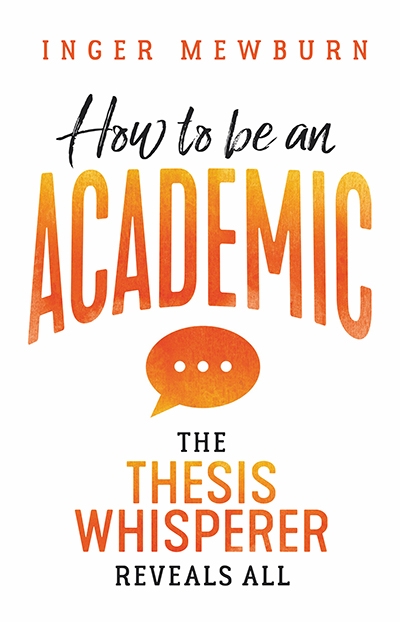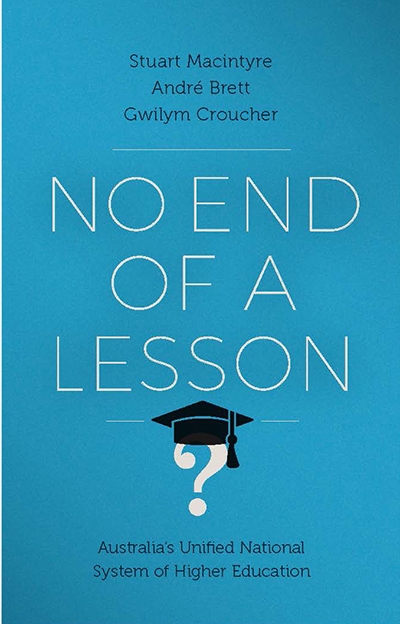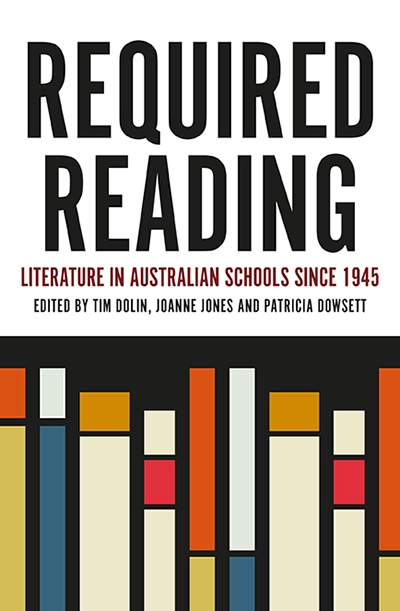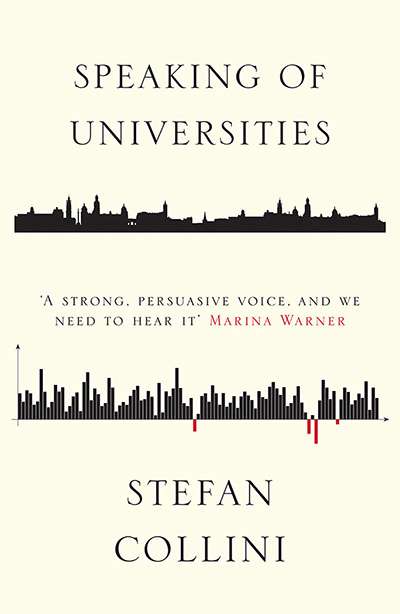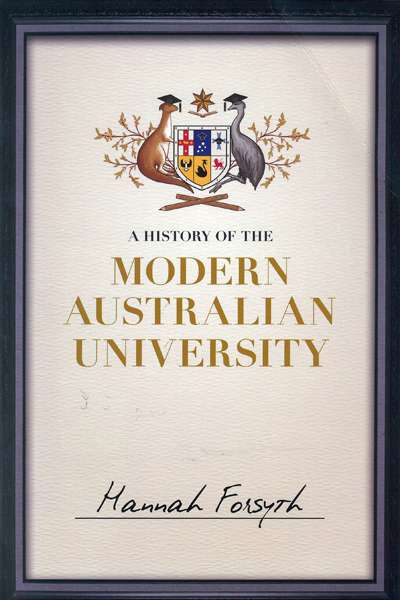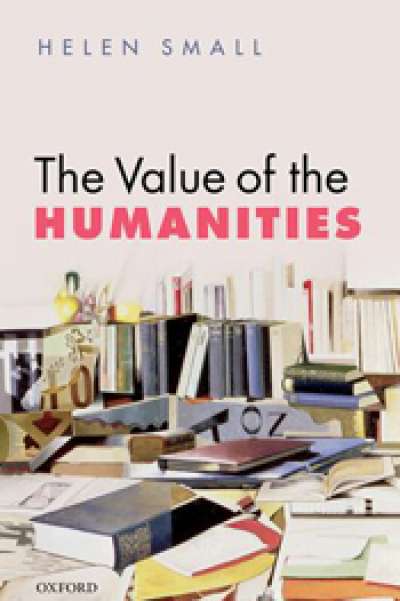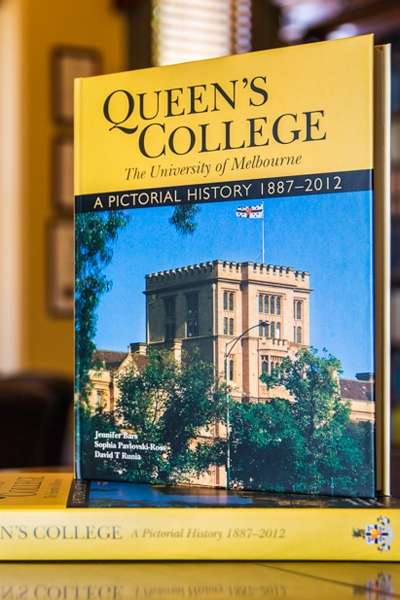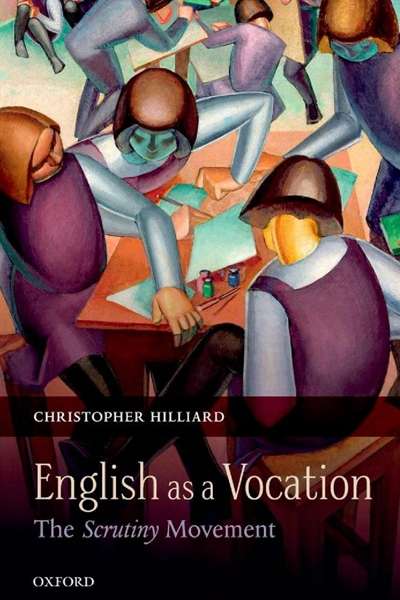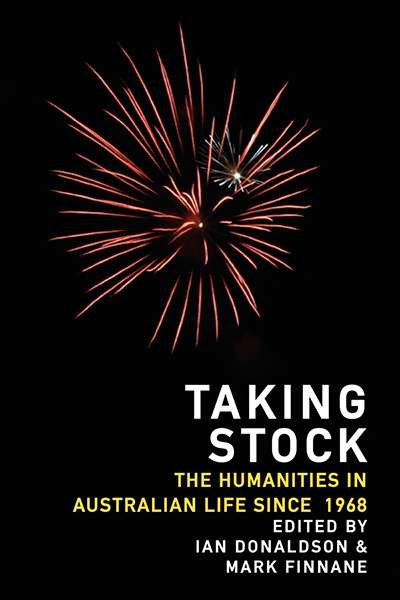Education
How To Be An Academic: The thesis whisperer reveals all by Inger Mewburn
by Kirk Graham •
No End of a Lesson: Australia’s unified national system of higher education by Stuart Macintyre, André Brett, and Gwilym Croucher
by Paul Giles •
Required Reading: Literature in Australian schools since 1945 edited by Tim Dolin, Joanne Jones, and Patricia Dowsett
by Ilana Snyder •
A History of the Modern Australian University by Hannah Forsyth
by Colin Steele •
Queen's College the University of Melbourne: A pictorial history 1887–2012 edited by Jennifer Bars, Sophia T. Pavlovski-Ross, and David T. Runia
by Wilfrid Prest •
English as a Vocation: The Scrutiny movement by Christopher Hilliard
by Alexander Howard •
Taking Stock: The Humanities in Australia edited by Mark Finnane and Ian Donaldson
by Robert Phiddian •
If Julia Gillard were to drive past the main campus of the Methodist Ladies’ College (MLC), a big independent school in the inner-eastern Melbourne suburb of Kew, she would undoubtedly remark that MLC is a ‘great example’ of educational excellence. Despite recent controversies, the school still has top-class facilities, quality teachers, and high-performing students, many of whom will move into influential positions within society.
... (read more)
